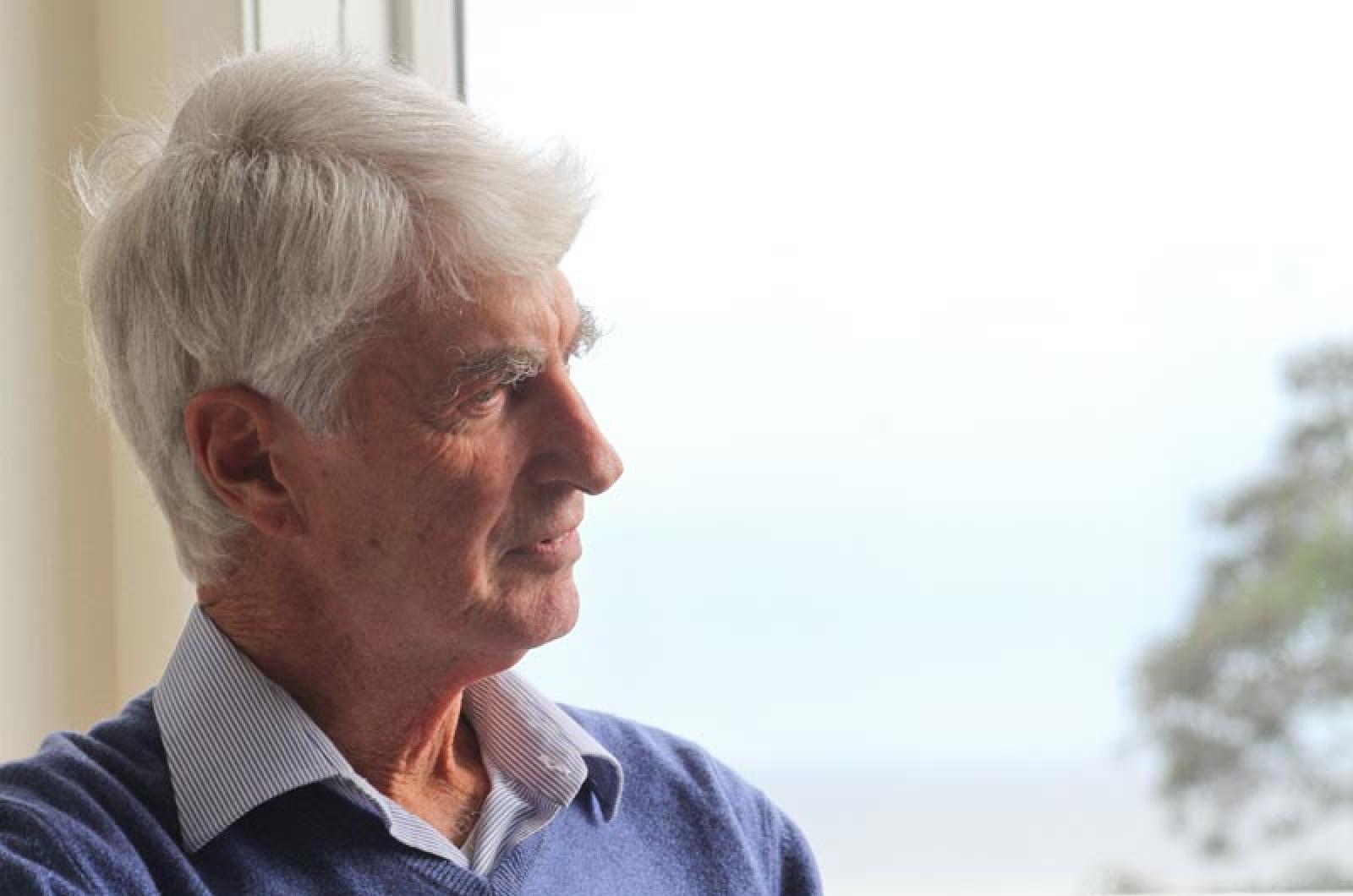In the 11th grade at a decent public high school in Memphis, I ran into extraordinary good luck. A brilliant, high-spirited and high-pitched young man in his mid-twenties, named Hazelwood, had arrived on our scene. He had signed up to teach 11th grade English. He had his bachelor’s degree, he was gradually preparing for his doctorate, and a year or two at a Memphis high school made sense as a breathing space.
So there he was: young (no other teachers were that), passionate (no other teachers were that), and he performed as a preacher who had missed his religious calling. Or his calling was poetry rather than Christ. “Poetry!” he would insist to us in his penetrating voice. “This is poetry!” A poem by Emily Dickinson or some lines by Robert Frost, in his hands they became mesmerizing. Unpacked, they would bristle with significance, lighting up the gray, shapeless world around me, giving it color and dimension. Hazelwood even made the Puritans come to life. Whatever in me remains histrionic and over the top when it comes to teaching literature, I owe to the theatrical high-wire act performed by Mr. Hazelwood.
My twin brother and I had always been good students. Our parents expected it of us, we would have accepted nothing less. But on aesthetic/intellectual matters at East High School after Hazelwood, our class divided into sheep or goats. Either you had been pierced by his eloquence — his slightly frothing lips and blazing eyes as he bore down on a poem or a story — or you hadn’t. Most of my classmates hadn’t, but my brother and I had been reached. We weren’t familiar with the New Testament at that time, but we were, unknowingly, a pair of Sauls on the road to Damascus. At the end of that year we had become Pauls.
Almost 60 years later, I still think that nothing else played as dramatic a part in my becoming a college professor of literature. The moment of calling had occurred at 16, and it reverberates even now. Everything in between just continued a journey already begun.
I majored in English at Princeton, doing a special program in the humanities. During my senior year I took no courses, and instead wrote a 200-page thesis on the tragedies of Shakespeare and Corneille. My twin brother, who also became a literature professor, had spent his junior year in Paris, and it had changed his life. Envious, I wrangled a French government grant to support my literature habit. This time I committed myself to writing a thesis comparing classical tragedy with 20th century theatre of the absurd (its home, happily, was in Paris). The thesis came to naught, of course, but a year in Paris confirmed my literariness. I began a doctorate at Harvard the following year.
I hated Harvard when I got there in the early 1960s. The most wrenching experiences of my life occurred then, but these may have been as much about the travail of having to grow up and earn a living as about the specific offenses of Harvard. I thought no one at Harvard even knew who I was, so I was flabbergasted when they asked me to join their faculty as assistant professor of English. Of course I accepted. By then my wife Penny and I had two children, and I had spent two years painstakingly composing a dissertation on Henry James. I wrote this work in a converted coal bin deep in the basement of our Harvard housing. The fastidious Henry James would have abhorred it. Yet I still believe he might have liked my first book, devoted to the narrow beauty of his novels.
A rewarding 43-year career in Swarthmore’s English department followed the more tumultuous Harvard years. Our children grew up and left the nest. I kept at it: new students, sabbatical leaves, more books to read and to write. If you pursue your vocation long enough, you eventually surprise yourself by growing old. And that’s what happened. A vacation home on the Vineyard eventually became repurposed as a retirement home. Not a “retirement home,” where, as Frost put it in one of his poems, “when you have to go/ They have to take you in”. Not that, but instead a genuine home where we have now both retired, each of us working out the rhythms of our post-employment lives.
As for me, this continues to present no puzzle in need of solving. Great literature, I believe, is life — life removed from its own medium and put memorably into words. Life without its evasions, shortcuts, gaps of thinking and feeling. Literature speaks the speechless eloquence of life. It does so because poor life cannot speak for itself. Literature is no substitute for life. Indeed, life in its finite preciousness will end before literature does. But how would we grasp that preciousness if there were no literature to say it for us?
So I teach my courses on Martha’s Vineyard, and I write my books about the books I teach. With any luck, it seems that our lives will end before our funds run out. I’ll have finished up as the same odd figure I became at age 16. Someone who loves literature.
Philip Weinstein lives in Aquinnah. He is the Alexander Griswold Cummins Professor emeritus at Swarthmore College and the author of eight books. He will be teaching a course beginning Wednesday, Sept. 9, on Anna Karenina and The Brothers Karamazov at the Katharine Cornell Theatre. To sign up for the course contact Betty Burton at the Vineyard Haven Library at 508-696-4211, ext. 16 or bburton@clamsnet.org.




Comments (3)
Comments
Comment policy »